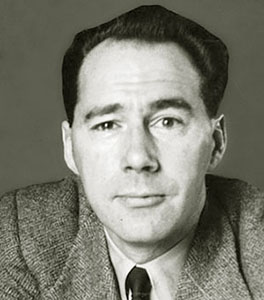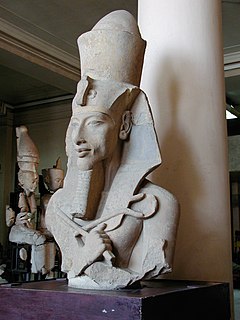A Quote by Hans Christian von Baeyer
Both induction and deduction, reasoning from the particular and the general, and back again from the universal to the specific, form the essence to scientific thinking.
Quote Topics
Related Quotes
I am fully assured, that no general method for the solution of questions in the theory of probabilities can be established which does not explicitly recognize, not only the special numerical bases of the science, but also those universal laws of thought which are the basis of all reasoning, and which, whatever they may be as to their essence, are at least mathematical as to their form.
There is a great difference, whether the poet seeks the particular for the sake of the general or sees the general in the particular. From the former procedure there ensues allegory, in which the particular serves only as illustration, as example of the general. The latter procedure, however, is genuinely the nature of poetry; it expresses something particular, without thinking of the general or pointing to it.
Science, in its ultimate ideal, consists of a set of propositions arranged in a hierarchy, the lowest level of the hierarchy being concerned with particular facts, and the highest with some general law, governing everything in the universe. The various levels in the hierarchy have a two-fold logical connection, travelling one up, one down; the upward connection proceeds by induction, the downward by deduction.
We have to know cognitively what another mind is thinking and also empathically what they're feeling. And of course, in general, that's always the case, but it's often very generic. Like with Leo Cullum's doctor, it's just the fact that people in general are cruel and insensitive. But in the Barbara Smaller cartoon, we understand it's this particular person or this specific sub-class of person and her particular needs and desires, and that's different than a pun cartoon in which it's just semantic.
You can teach people specific reasoning, such as how to fly a kite or build a wheel. General reasoning cannot be imparted upon people, particularly if they like things the way they are - meaning, if their reactions are very simple. The reason most people behave badly or poorly is because they only understand simple things.
The significance of a fact is relative to [the general body of scientific] knowledge. To say that a fact is significant in science, is to say that it helps to establish or refute some general law; for science, though it starts from observation of the particular, is not concerned essentially with the particular, but with the general. A fact, in science, is not a mere fact, but an instance. In this the scientist differs from the artist, who, if he deigns to notice facts at all, is likely to notice them in all their particularity.
Evidence-based reasoning underpins all scientific thinking, and it involves testing hypotheses or theories against data. Validating a theory requires replicable measurements from independent groups with different equipment and methods of analysis. Convergence of evidence is critical to the acceptance of a scientific idea.































